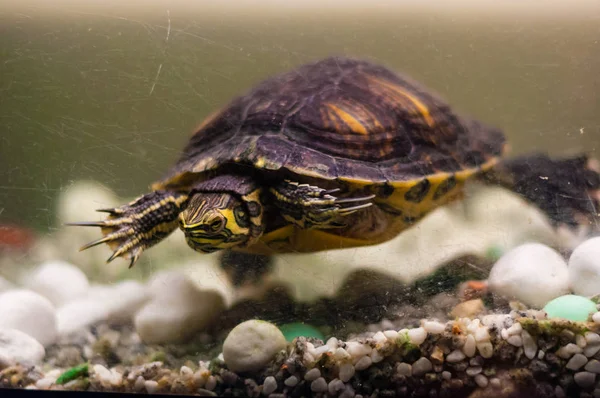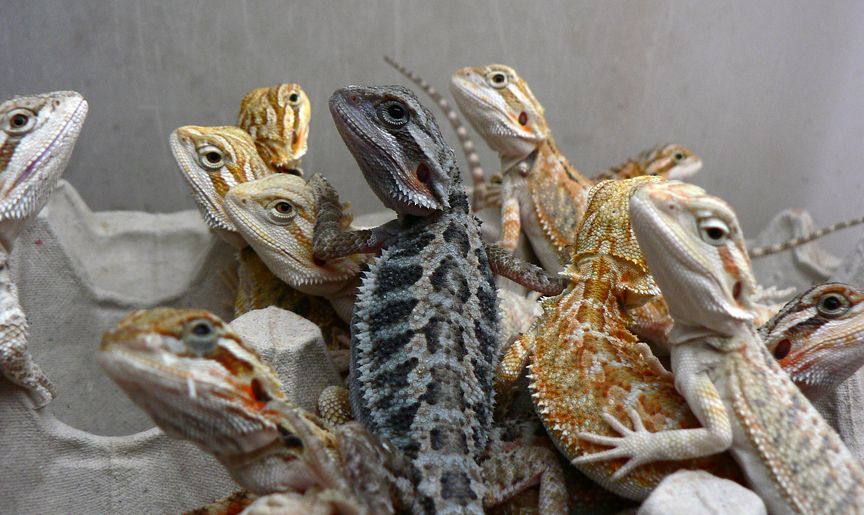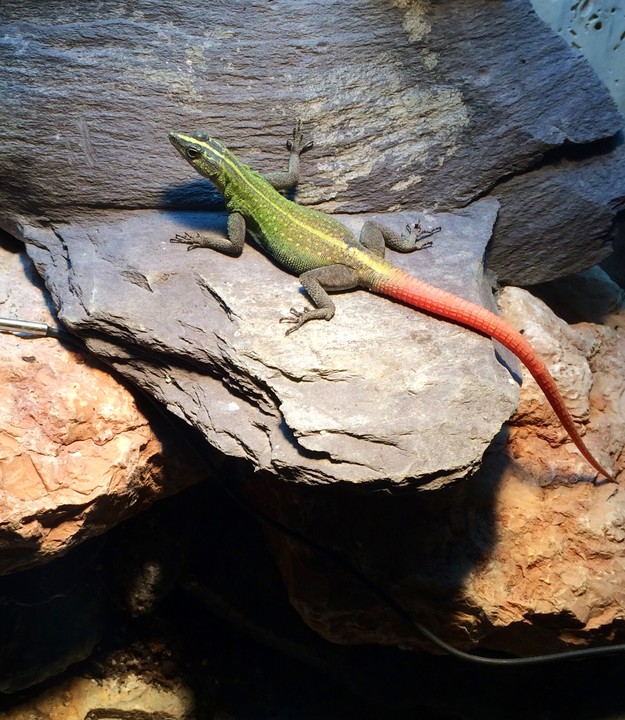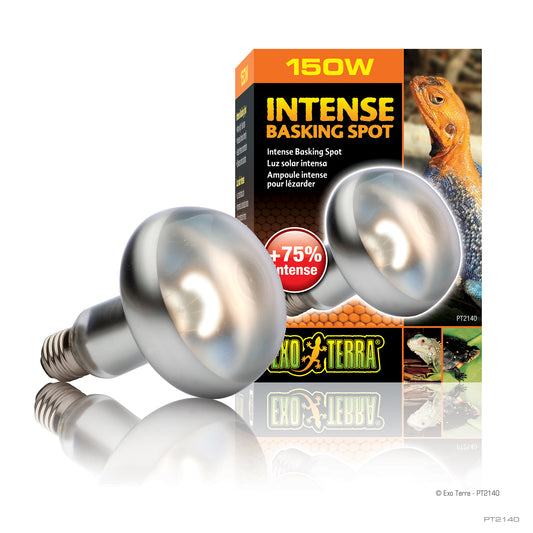Reptiles make fascinating and unique pets, captivating enthusiasts with their intriguing behaviors and distinctive characteristics. From docile geckos to slithering snakes, these cold-blooded companions require specific care to thrive in captivity. If you're considering a reptile as a pet, this article provides a general guide on how to properly care for these captivating creatures.
1.Research and Educate Yourself: Before bringing a reptile into your home, dedicate time to research and learn about the specific species you're interested in. Each reptile has unique care requirements, including dietary needs, temperature and humidity preferences, enclosure size, and socialization requirements. Understanding their natural habitat and behavior will help you create an environment that closely mimics their needs.
2.Provide the Appropriate Enclosure: Reptiles require enclosures that replicate their natural habitat while providing security and room for movement. The enclosure should be appropriately sized for the species, allowing for adequate exercise and enrichment. Consider factors such as temperature gradients, hiding spots, branches or rocks for climbing, and suitable substrate for burrowing or basking. 
3.Temperature and Lighting: Maintaining proper temperature and lighting is crucial for reptile health. Most reptiles require a temperature gradient within their enclosure, allowing them to thermoregulate by moving between warm and cool areas. Provide a heat source, such as heat lamps or heat mats, and use a thermometer to monitor the temperature. Additionally, reptiles often require UVB lighting to aid in the synthesis of vitamin D3, essential for calcium metabolism and overall well-being.
4.Nutrition and Feeding: Reptiles have specific dietary needs, ranging from herbivorous to insectivorous or carnivorous. Research the natural diet of your chosen reptile species and provide a well-balanced diet. Offer a variety of appropriate food items, such as live or frozen prey, fresh fruits and vegetables, and calcium and vitamin supplements. Regularly assess your pet's body condition and adjust their diet accordingly.
5.Hydration and Humidity: Maintaining proper hydration and humidity levels is crucial for reptile health. Some reptiles, such as turtles or amphibians, require access to fresh water for swimming or soaking. Others may have specific humidity requirements to support shedding and respiratory health. Regularly monitor and adjust humidity levels within the enclosure, using misting, water bowls, or specialized humidifiers.
6.Regular Cleaning and Maintenance: Keeping the reptiles enclosure clean is essential to prevent the buildup of bacteria or parasites .Regularly remove waste, uneaten food, and soiled substrate. Clean and disinfect the enclosure periodically, following recommended guidelines to ensure the reptile's health and prevent the spread of diseases.
7.Veterinary Care: Just like any other pet, reptiles benefit from regular veterinary check-ups. Find a reptile-experienced veterinarian who can provide routine examinations, offer guidance on proper care, and address any health concerns. Annual check-ups can help detect early signs of illness and ensure your reptile receives appropriate medical attention.
8.Enrichment and Socialization: Reptiles may seem solitary, but they still benefit from environmental enrichment and social interaction. Provide appropriate hiding spots, climbing structures, and toys to stimulate their natural behaviors. Some reptiles, like bearded dragons or leopard geckos, can enjoy gentle handling and interaction with their owners. However, always respect your pet's boundaries and be mindful of their stress levels.
9.Educate Yourself on Potential Hazards: Certain household items, plants, or substances can be toxic to reptiles. Educate yourself on potential hazards and remove or restrict access to them within your reptile's environment. This includes avoiding the use of chemicals, pesticides, or cleaning agents near the enclosure.
Remember, caring for a reptile is a long-term commitment. It requires dedication, research, and continuous learning to ensure your pet's health and well-being. By providing the appropriate enclosure, temperature and lighting conditions, nutrition, hydration, and socialization, you can create a suitable and enriching environment for your reptile companion. Enjoy the journey of discovering the unique beauty and behaviors of these captivating creatures while providing them with the care they deserve.







